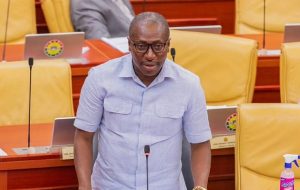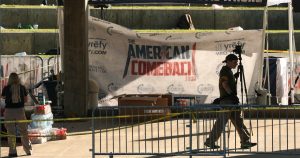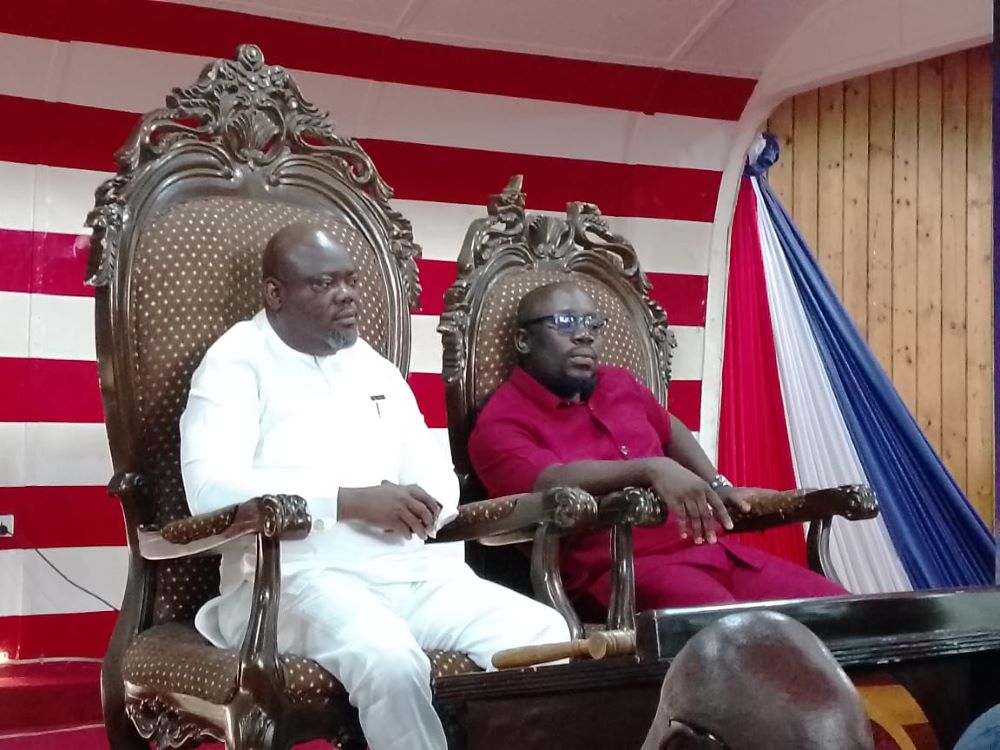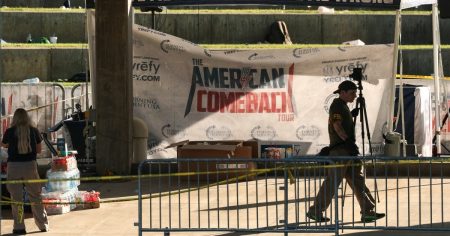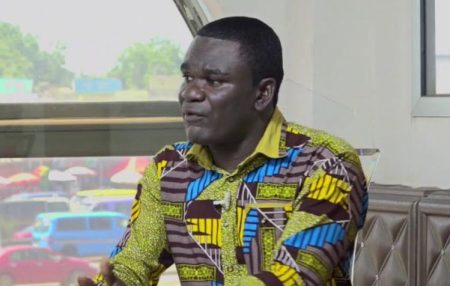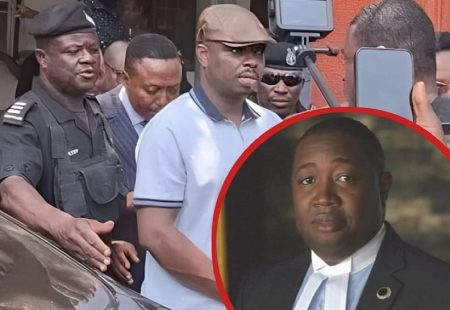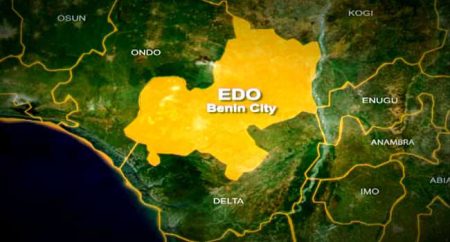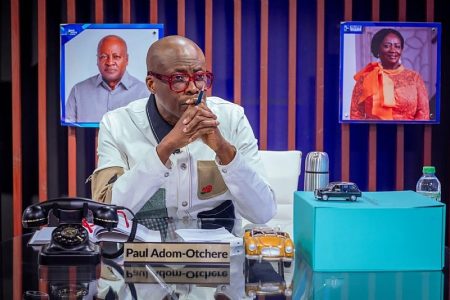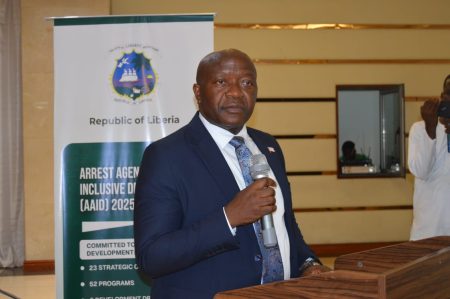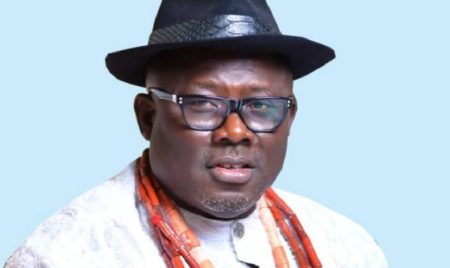Deputy Speaker Thomas Fallah’s recent decision to side with a coalition of lawmakers aiming to oust Speaker J. Fonati Koffa has significantly intensified the political landscape in Liberia’s House of Representatives. This shift, which occurred on October 31, 2024, increases the number of dissenting lawmakers from 43 to 44, though they still fall short of the necessary 49 votes required for a successful vote of no confidence against Speaker Koffa. Fallah’s alignment with the majority bloc not only strengthens their position but also signifies deepening discontent within legislative ranks, potentially precipitating an unprecedented leadership change. His participation in the deliberation sessions, bolstered by the attendance of Deputy Chief Clerk Commicks Chea, hints at an institutional shift and backing for the rebel lawmakers.
Fallah’s transition to the majority faction results from a culmination of growing grievances directed at Speaker Koffa, which have become untenable for him. In a letter addressed to the majority bloc, he expressed a need for time to consult with his legal team before aligning fully with them. Notably, Fallah emphasizes the duty of legislators to uphold democratic principles, asserting that failure to convene as a unified body threatens the very democratic fabric of Liberia. This sentiment emphasizes an inherent obligation of lawmakers to protect the nation’s governance system, reinforcing his commitment to both the interests of his constituents in Lofa County and the broader public good.
Despite his new affiliation, Fallah insists that his move does not signify a complete abandonment of Koffa or his former political party, the Congress for Democratic Change (CDC). Instead, he frames it as a commitment to democracy and collective governance, arguing that addressing grievances transparently is essential for democratic health. This perspective reinforces Fallah’s desire to foster dialogue and resolution among colleagues across party lines. Ultimately, he advocates for collaboration amongst legislators to restore unity, which is crucial for the House of Representatives to function effectively.
On the other side of this political turmoil, Speaker Koffa finds himself in a precarious position. Unable to muster a quorum for a scheduled session, he indicated plans to consult with Deputy Speaker Fallah about his absence. This inability to organize despite holding the official position underscores the challenges he faces as dissent grows. Koffa’s leadership has come under scrutiny due to unresolved issues among lawmakers, leading to increased calls for accountability and restructuring within the legislature.
The growing rift and subsequent alignment of Deputy Speaker Fallah with the majority bloc underscores a profound shift within the House that could have lasting implications for governance in Liberia. As one of the key figures in the legislature, Fallah’s decision could ignite a broader reevaluation of leadership roles within the House, particularly if public support continues to sway toward the majority bloc. Proponents of Koffa, however, may argue that such upheavals could ultimately destabilize the legislative body, particularly if grievances are not managed constructively.
In conclusion, the unfolding political landscape in Liberia’s House of Representatives reveals an increasingly contentious environment, captured in the conflict between Deputy Speaker Thomas Fallah’s defection to the majority bloc and Speaker J. Fonati Koffa’s struggle to maintain authority. The potential for a leadership shake-up now looms larger than ever. The dynamics of this situation call for informed dialogue and resolution strategies among lawmakers, maintaining the delicate balance necessary for the governance of Liberia in these challenging times. Each step taken by these leaders now is pivotal, capable of defining the legislative trajectory in the face of pressing national issues.


